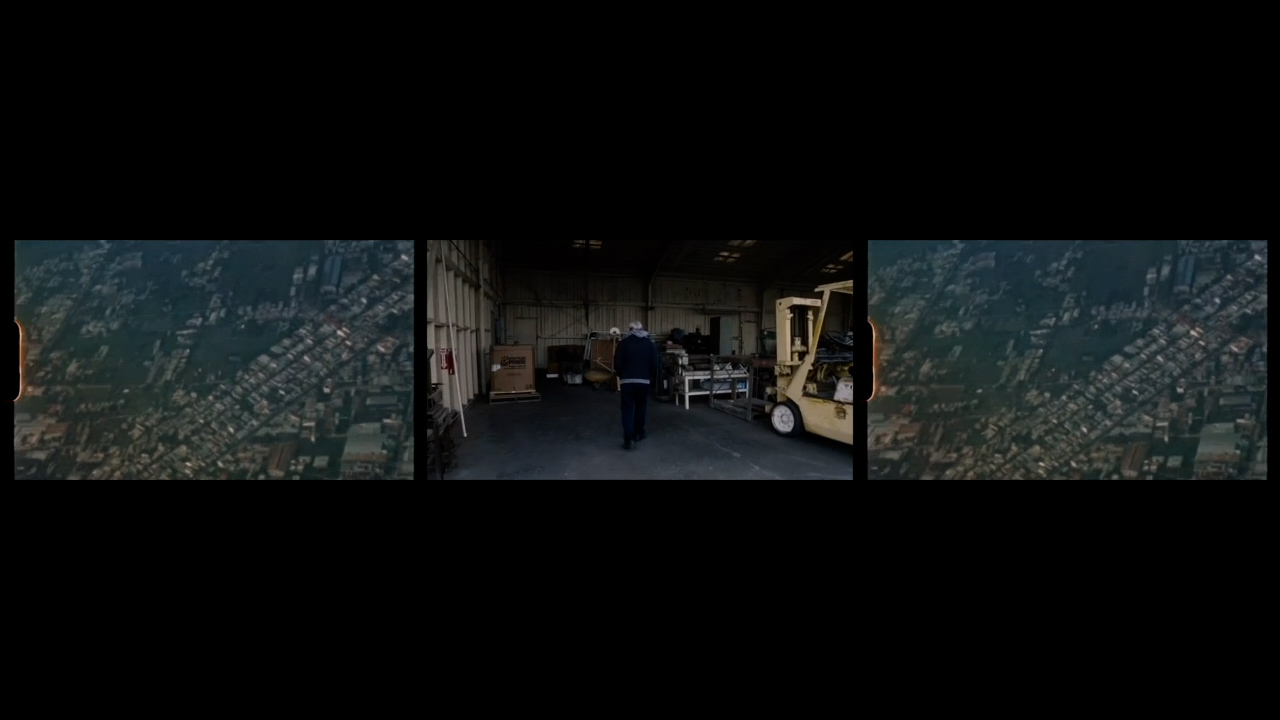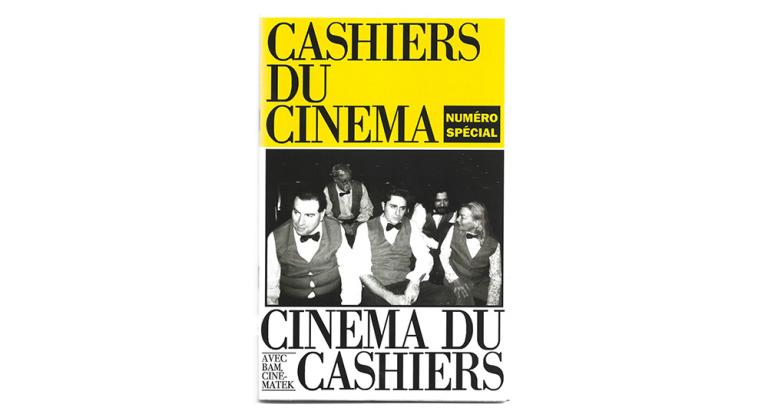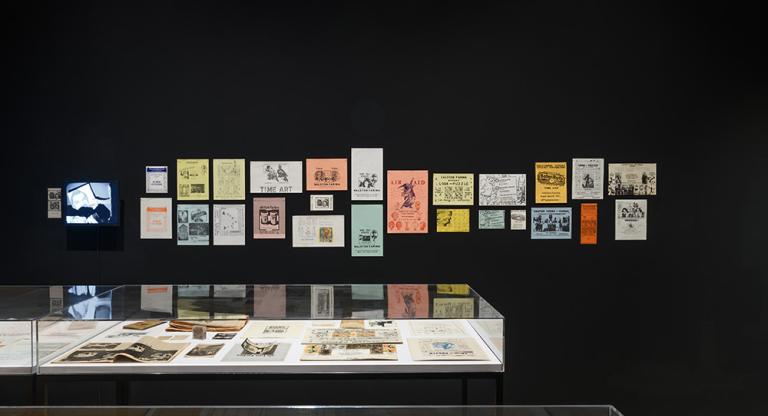In Cathy Linh Che and Christopher Radcliff’s three-channel Appocalips (2023) we find Che’s parents in their Californian home surrounded by VHS tapes, a Catholic altar, a TV playing Vietnamese bolero, and framed family photos. They recount their escape from Vietnam in patches spanning months and years. “We were able to leave because your father knew how to steer a boat,” her mother says. “Your father couldn’t stand to lose a single day of his freedom.” Their words are illustrated by images from present-day Vietnam, collected by the crew while retracing the steps of their story. Picture seems to follow sound by association, one step behind, one step removed.
Their voices intertwine with details of their journey at sea and their arrival at a refugee camp in the Philippines. While there, they were called to play extras in Apocalypse Now (1979). They watch the film from their couch, rewinding and replaying to point out details. Laughter chases the gaps in their sentences, the Hollywood fiction a document of curious memories. Che’s parents reckon that the film barely depicts the Vietnamese experience of the war, though they see the cinematic rationale for this lack, and they were happy with their pay.
As they talk about their arrival to the United States, the three screens are filled with Super 8 home movies: Cathy and her siblings as children at birthday parties, in busy kitchens, and at neighborhood gatherings. Occasionally, one or two channels will show what a location or person from the archival tapes looks like at present, as if Che is vicariously experiencing her parents’ memories. The multi-channel format allows intimate dialogue between Che and her parents to play out in filmic form, as Che expands the family archive with visual reflections of her own.
Throughout, the recorded interview with Che’s parents guides the film’s narrative, and the images evoke a parallel journey undertaken by Che to connect with her parents and their previous lives. As the screens string together scenes of past and present, the installation visualizes processes like remembering and empathizing. But the installation is also about imagination, as Che and Radcliff remarked in an interview. Apocalypse Now sits neatly in the American imagination of what the Vietnam War looked like, informing a sense of what it was. The faces and voices of Che’s parents were intended by Francis Ford Coppola only to lend token authenticity. In Appocalips, their story takes precedence, and they handle it with humor and grace. As Che and Radcliff center personal memories both unique and recognizable throughout the Vietnamese diaspora, they construct a rendition of collective memory that extends beyond facts of History into the realm of the familiar.
Appocalips is on view at The Shed through January 21 as part of the free-admission “Open Call” exhibition.



